RAPID SPREAD OF COVID-19 VARIANT
입력 2021.02.10 (15:03)
수정 2021.02.10 (16:48)
읽어주기 기능은 크롬기반의
브라우저에서만 사용하실 수 있습니다.
[Anchor Lead]
COVID-19 variants are spreading rapidly in Korea as well. Yesterday alone, more than 20 variant cases were confirmed and infections of an unknown origin remain high. Health authorities have decided to operate temporary testing stations for some time more.
[Pkg]
Of the 26 new COVID-19 variant cases, 22 were imported, and the remaining four are locally transmitted. They are all related to cluster outbreaks that began at a family gathering of a Syrian national last month in Gyeongsangnam-do and Jeollanam-do provinces. So far, 80 variant cases have been confirmed in the nation. The surging number of variant infections is feared to cause even more community spread. To detect coronavirus variants in advance, health authorities are also conducting preliminary testing on all recently confirmed patients in Gyeongsangnam-do and Jeollanam-do provinces. This means testing to detect variants have been expanded to include patients who have no history of overseas travel.
[Soundbite] Lee Sang-won(Central Disaster Management HQs) : "Cooperation on the part of overseas travelers is absolutely necessary. We will increase monitoring to twice daily and will check more thoroughly if self-isolation rules are followed."
In Seoul, 25 of 90 new cases are of an unknown origin. To detect hidden infections, authorities have decided to extend the operation of temporary testing stations in the greater Seoul area until the social distancing measures are lowered to Level 2. About 12 percent of cases confirmed in the past two months in the nation were detected at temporary testing stations. A reason why they are touted as a successful model for blocking the community spread. It also helps a great deal for being easily accessible for the general public. However, anonymous testing will no longer be available, and all those who are tested will be required to provide their real identities. This is needed to ensure swift response when nfections are detected.
[Soundbite] Nam Ji-ra(Jung-gu Dist. Public Health Center) : "When people were tested anonymously, sometimes the confirmed patients were out of reach. I don't think anonymity is needed in coronavirus tests."
However, local governments plan to merge and cut the number of testing stations because health workers are also needed for the vaccination process.
COVID-19 variants are spreading rapidly in Korea as well. Yesterday alone, more than 20 variant cases were confirmed and infections of an unknown origin remain high. Health authorities have decided to operate temporary testing stations for some time more.
[Pkg]
Of the 26 new COVID-19 variant cases, 22 were imported, and the remaining four are locally transmitted. They are all related to cluster outbreaks that began at a family gathering of a Syrian national last month in Gyeongsangnam-do and Jeollanam-do provinces. So far, 80 variant cases have been confirmed in the nation. The surging number of variant infections is feared to cause even more community spread. To detect coronavirus variants in advance, health authorities are also conducting preliminary testing on all recently confirmed patients in Gyeongsangnam-do and Jeollanam-do provinces. This means testing to detect variants have been expanded to include patients who have no history of overseas travel.
[Soundbite] Lee Sang-won(Central Disaster Management HQs) : "Cooperation on the part of overseas travelers is absolutely necessary. We will increase monitoring to twice daily and will check more thoroughly if self-isolation rules are followed."
In Seoul, 25 of 90 new cases are of an unknown origin. To detect hidden infections, authorities have decided to extend the operation of temporary testing stations in the greater Seoul area until the social distancing measures are lowered to Level 2. About 12 percent of cases confirmed in the past two months in the nation were detected at temporary testing stations. A reason why they are touted as a successful model for blocking the community spread. It also helps a great deal for being easily accessible for the general public. However, anonymous testing will no longer be available, and all those who are tested will be required to provide their real identities. This is needed to ensure swift response when nfections are detected.
[Soundbite] Nam Ji-ra(Jung-gu Dist. Public Health Center) : "When people were tested anonymously, sometimes the confirmed patients were out of reach. I don't think anonymity is needed in coronavirus tests."
However, local governments plan to merge and cut the number of testing stations because health workers are also needed for the vaccination process.
■ 제보하기
▷ 카카오톡 : 'KBS제보' 검색, 채널 추가
▷ 전화 : 02-781-1234, 4444
▷ 이메일 : kbs1234@kbs.co.kr
▷ 유튜브, 네이버, 카카오에서도 KBS뉴스를 구독해주세요!
- RAPID SPREAD OF COVID-19 VARIANT
-
- 입력 2021-02-10 15:03:20
- 수정2021-02-10 16:48:24
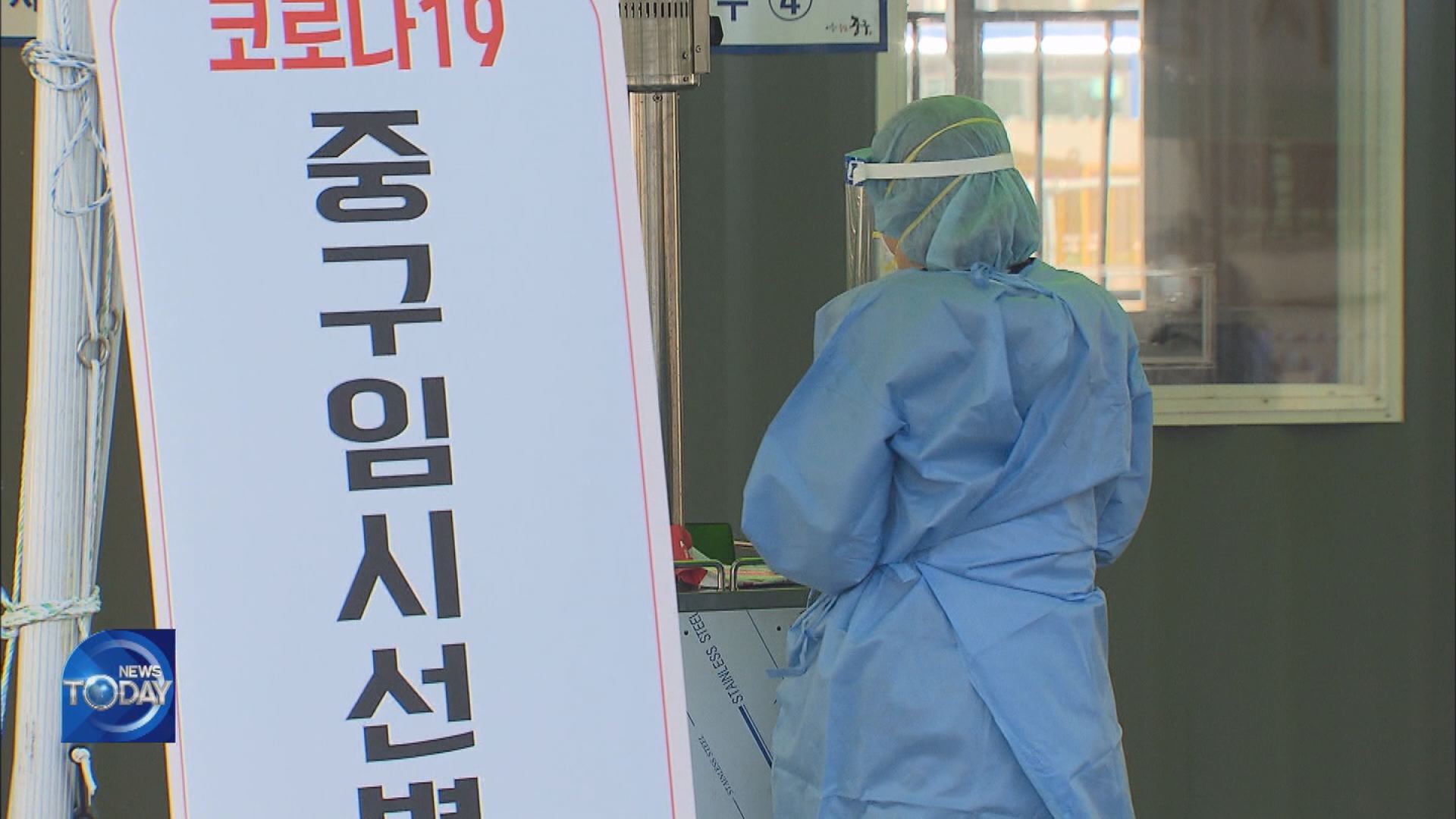
[Anchor Lead]
COVID-19 variants are spreading rapidly in Korea as well. Yesterday alone, more than 20 variant cases were confirmed and infections of an unknown origin remain high. Health authorities have decided to operate temporary testing stations for some time more.
[Pkg]
Of the 26 new COVID-19 variant cases, 22 were imported, and the remaining four are locally transmitted. They are all related to cluster outbreaks that began at a family gathering of a Syrian national last month in Gyeongsangnam-do and Jeollanam-do provinces. So far, 80 variant cases have been confirmed in the nation. The surging number of variant infections is feared to cause even more community spread. To detect coronavirus variants in advance, health authorities are also conducting preliminary testing on all recently confirmed patients in Gyeongsangnam-do and Jeollanam-do provinces. This means testing to detect variants have been expanded to include patients who have no history of overseas travel.
[Soundbite] Lee Sang-won(Central Disaster Management HQs) : "Cooperation on the part of overseas travelers is absolutely necessary. We will increase monitoring to twice daily and will check more thoroughly if self-isolation rules are followed."
In Seoul, 25 of 90 new cases are of an unknown origin. To detect hidden infections, authorities have decided to extend the operation of temporary testing stations in the greater Seoul area until the social distancing measures are lowered to Level 2. About 12 percent of cases confirmed in the past two months in the nation were detected at temporary testing stations. A reason why they are touted as a successful model for blocking the community spread. It also helps a great deal for being easily accessible for the general public. However, anonymous testing will no longer be available, and all those who are tested will be required to provide their real identities. This is needed to ensure swift response when nfections are detected.
[Soundbite] Nam Ji-ra(Jung-gu Dist. Public Health Center) : "When people were tested anonymously, sometimes the confirmed patients were out of reach. I don't think anonymity is needed in coronavirus tests."
However, local governments plan to merge and cut the number of testing stations because health workers are also needed for the vaccination process.
COVID-19 variants are spreading rapidly in Korea as well. Yesterday alone, more than 20 variant cases were confirmed and infections of an unknown origin remain high. Health authorities have decided to operate temporary testing stations for some time more.
[Pkg]
Of the 26 new COVID-19 variant cases, 22 were imported, and the remaining four are locally transmitted. They are all related to cluster outbreaks that began at a family gathering of a Syrian national last month in Gyeongsangnam-do and Jeollanam-do provinces. So far, 80 variant cases have been confirmed in the nation. The surging number of variant infections is feared to cause even more community spread. To detect coronavirus variants in advance, health authorities are also conducting preliminary testing on all recently confirmed patients in Gyeongsangnam-do and Jeollanam-do provinces. This means testing to detect variants have been expanded to include patients who have no history of overseas travel.
[Soundbite] Lee Sang-won(Central Disaster Management HQs) : "Cooperation on the part of overseas travelers is absolutely necessary. We will increase monitoring to twice daily and will check more thoroughly if self-isolation rules are followed."
In Seoul, 25 of 90 new cases are of an unknown origin. To detect hidden infections, authorities have decided to extend the operation of temporary testing stations in the greater Seoul area until the social distancing measures are lowered to Level 2. About 12 percent of cases confirmed in the past two months in the nation were detected at temporary testing stations. A reason why they are touted as a successful model for blocking the community spread. It also helps a great deal for being easily accessible for the general public. However, anonymous testing will no longer be available, and all those who are tested will be required to provide their real identities. This is needed to ensure swift response when nfections are detected.
[Soundbite] Nam Ji-ra(Jung-gu Dist. Public Health Center) : "When people were tested anonymously, sometimes the confirmed patients were out of reach. I don't think anonymity is needed in coronavirus tests."
However, local governments plan to merge and cut the number of testing stations because health workers are also needed for the vaccination process.
이 기사가 좋으셨다면
-
좋아요
0
-
응원해요
0
-
후속 원해요
0










![[HEADLINE]](https://news.kbs.co.kr/data/news/title_image/newsmp4/news_today/2021/02/10/10_5115634.jpeg)
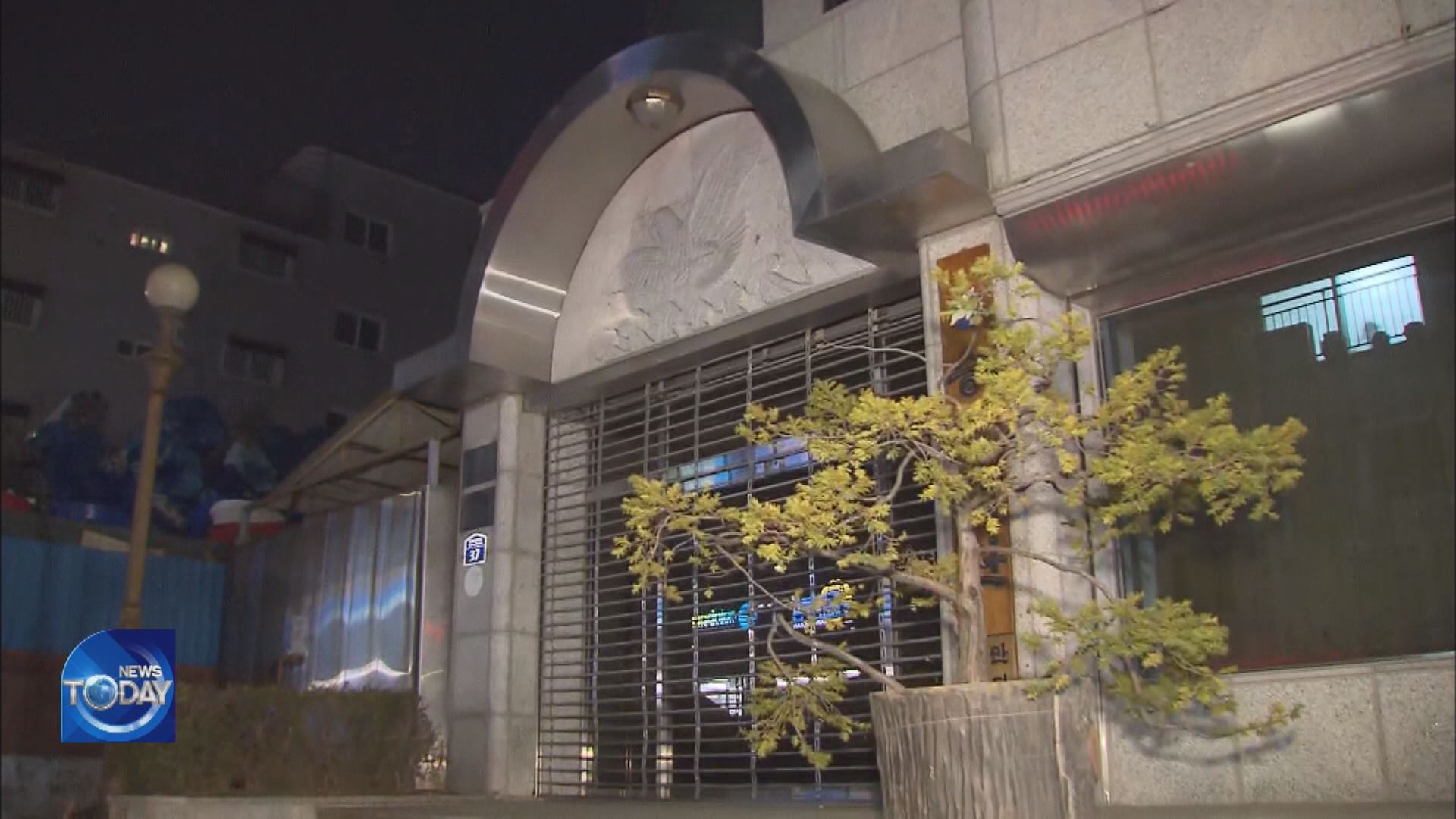
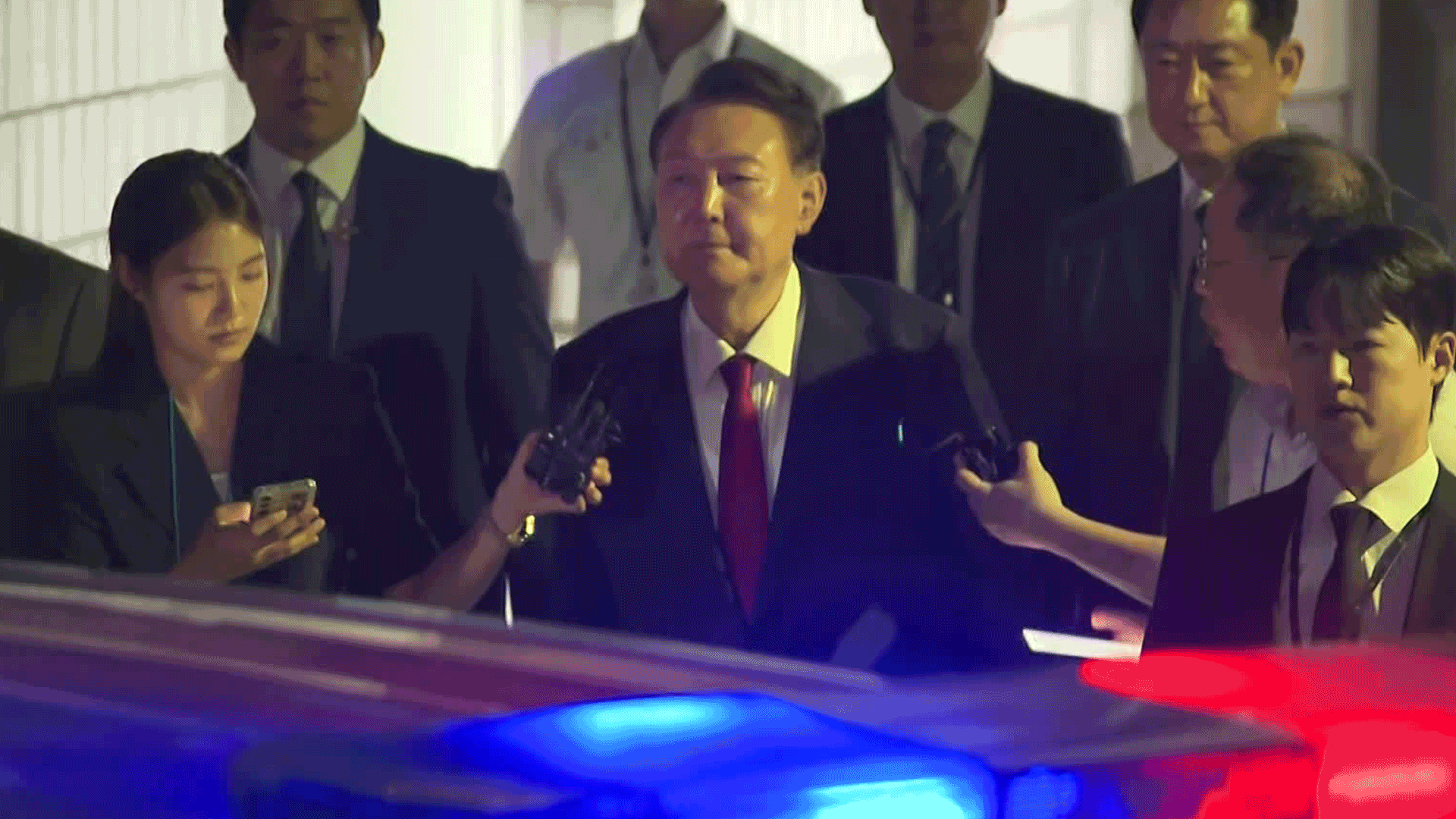
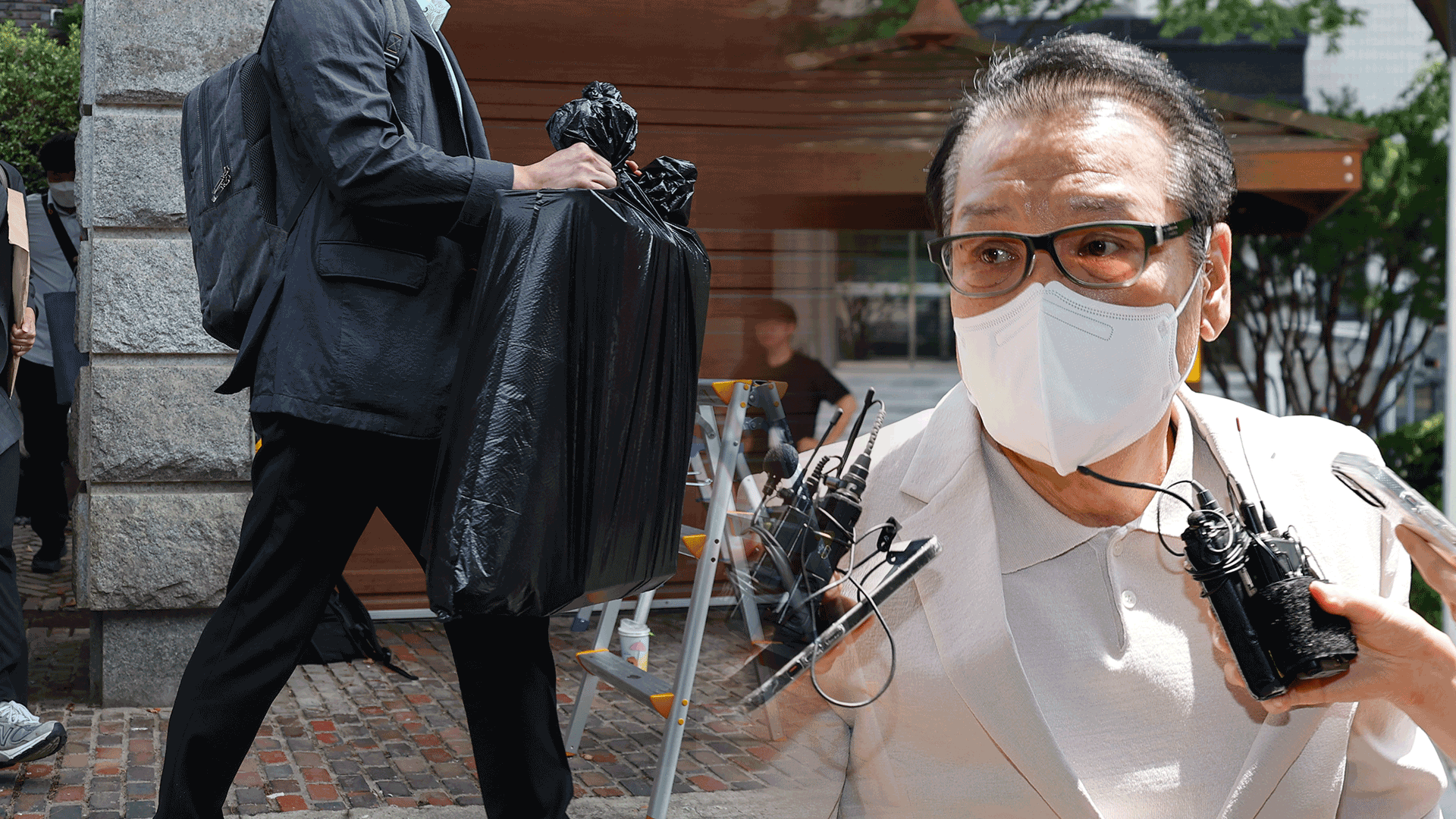
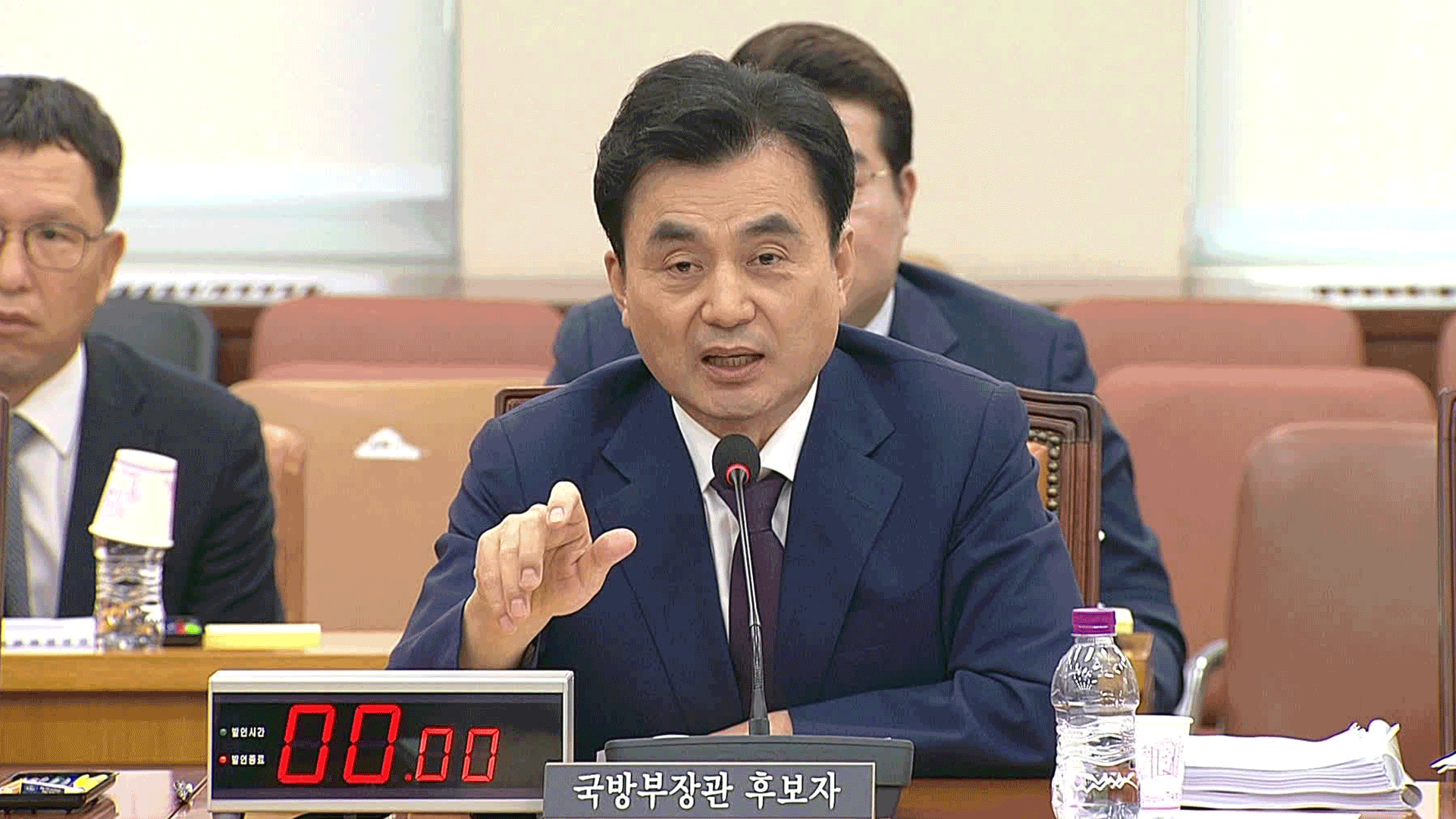
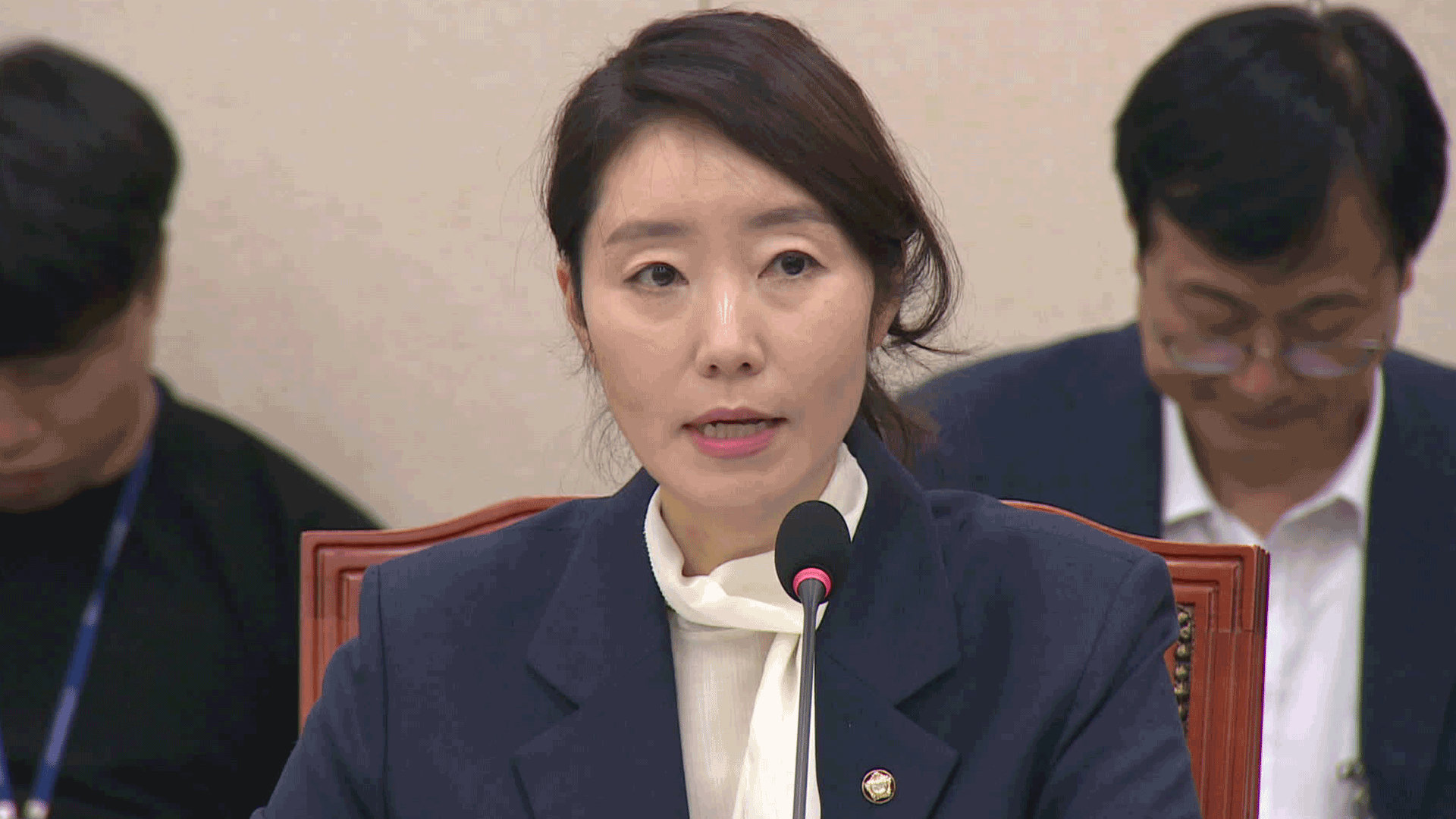

이 기사에 대한 의견을 남겨주세요.